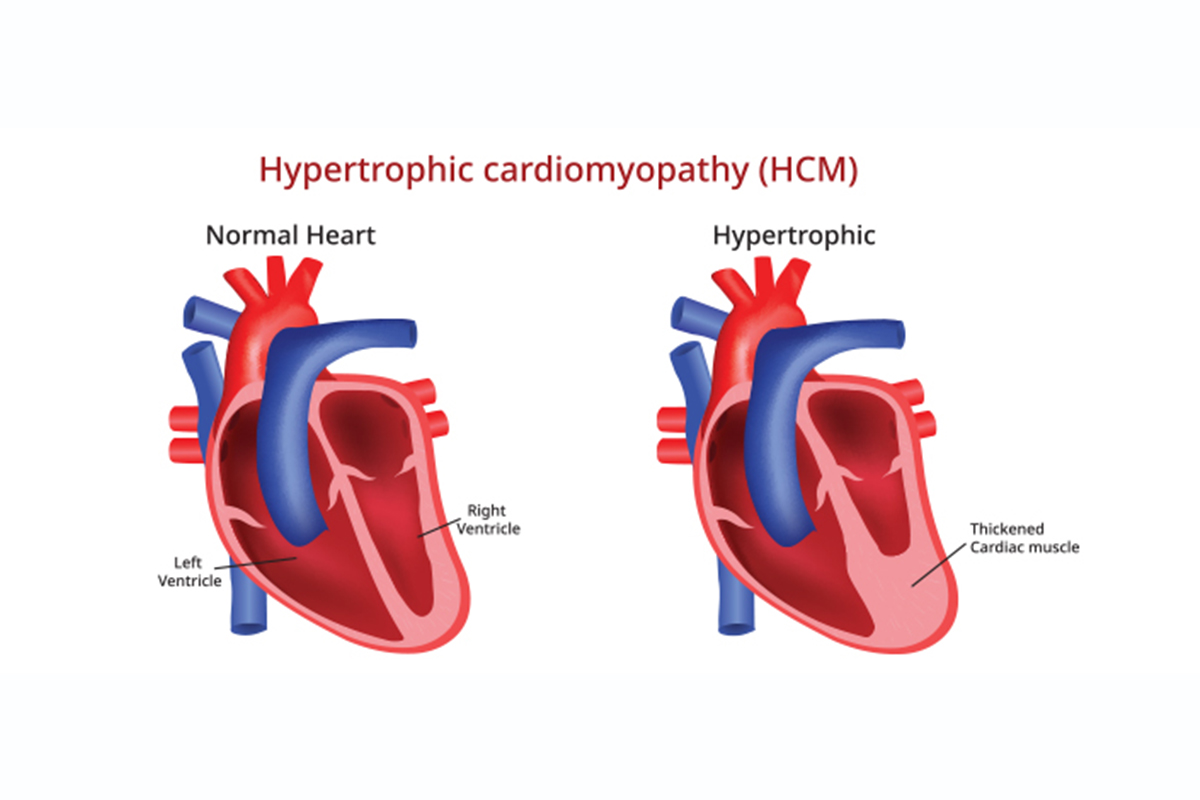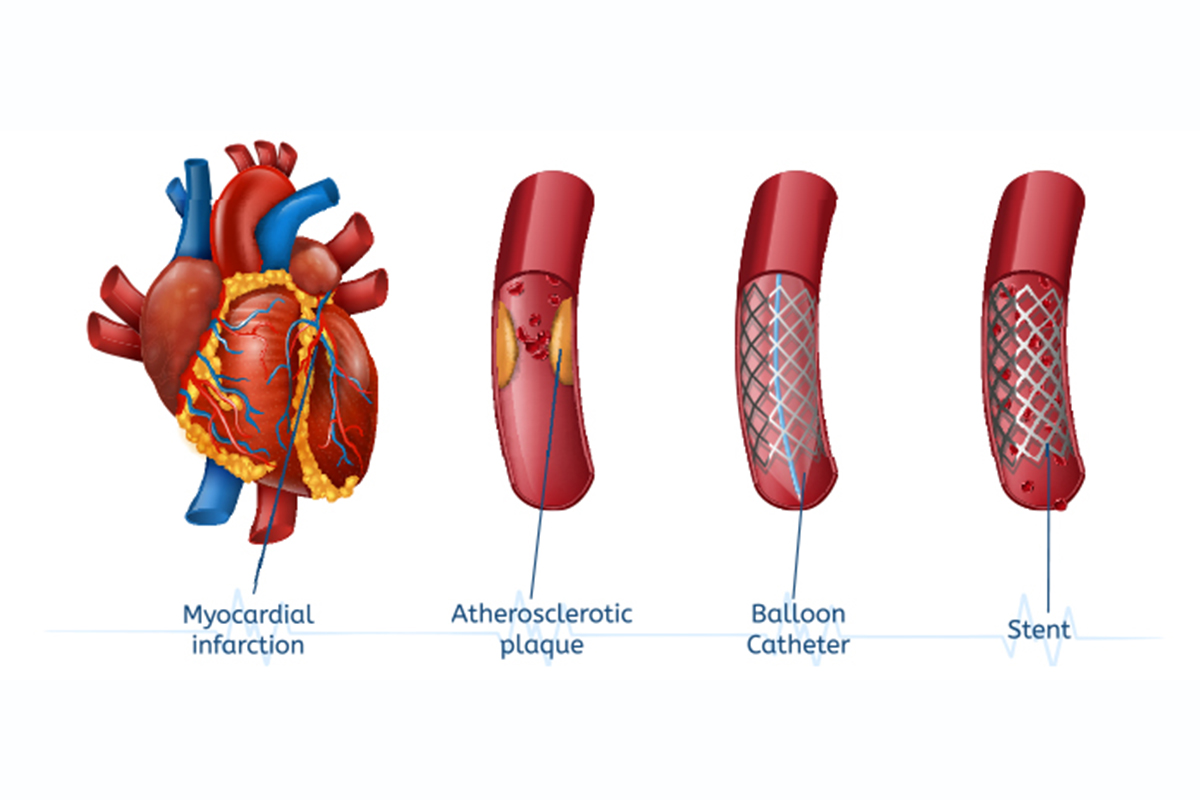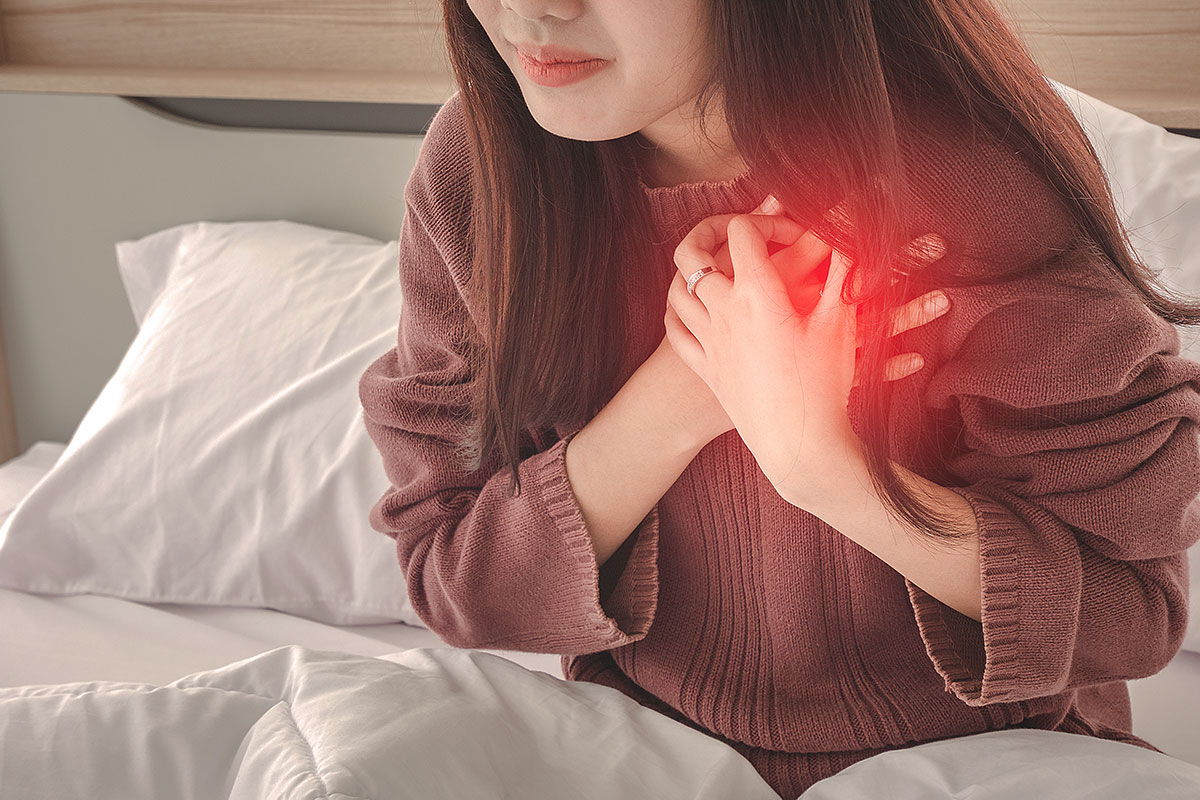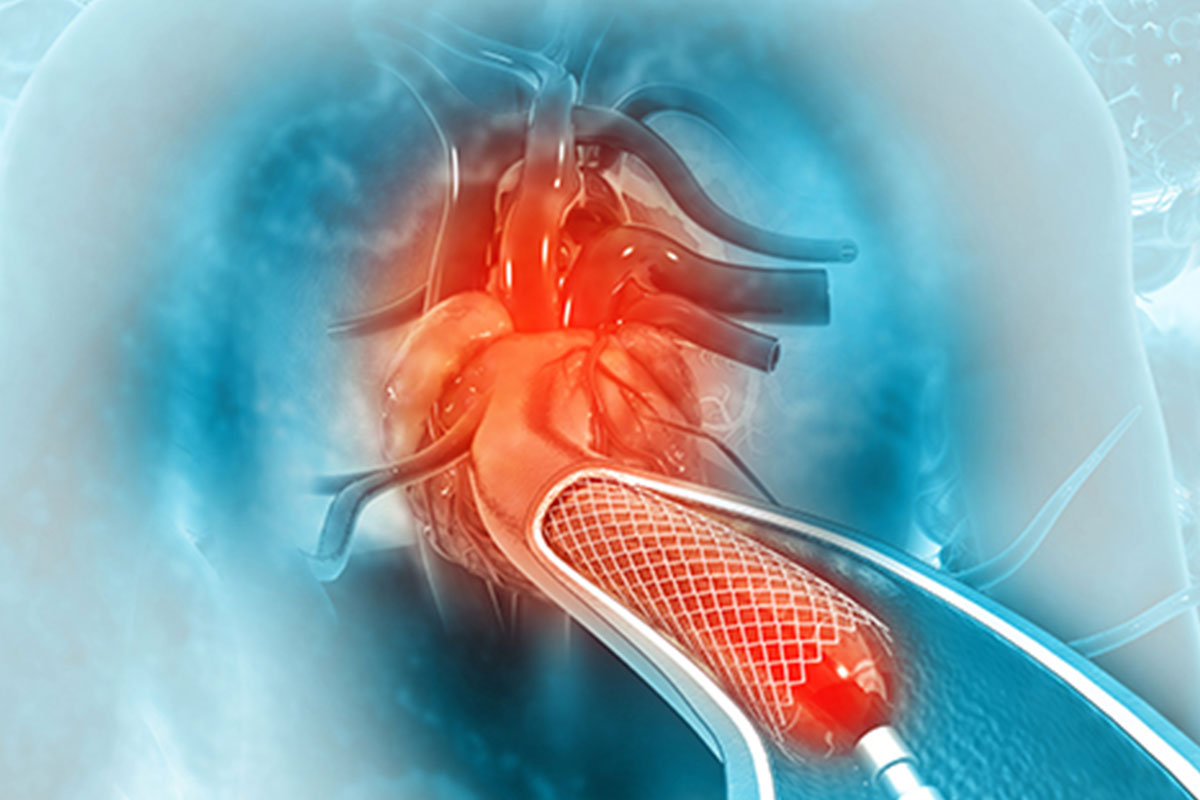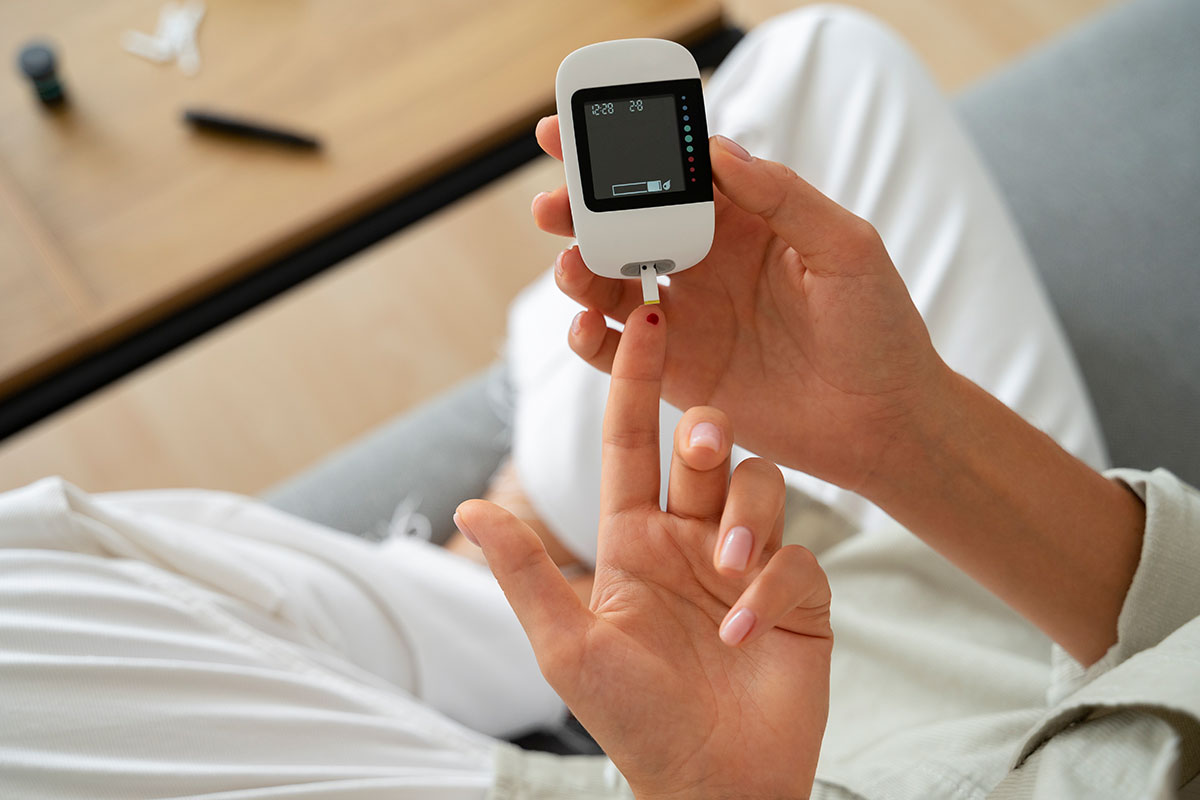
Diabetes and Hypertension Care during COVID-19 Pandemic
By Dr. Sanjiv Kumar Gupta in Cardiology
Sep 21, 2020
The end of 2019 brought about a disruption all around the world when a novelcoronavirus (SARS-CoV-2) was identified. This coronavirus causes the disease COVID-19 that affects the respiratory system causing symptoms such as a cough, fever, and in more severe cases, difficulty breathing. COVID-19 is pandemic that has affected the entire world, including many positive cases found in India.
In addition, India is also in the midst of a rapid epidemiological transition of non-communicable diseases (NCDs). Due to rapid urbanization and aging population of India, there is an increase in obesity and its associated cardiovascular disease (CVD) risk factors, including diabetes and hypertension. Thus, India remains a large pool of people with diabetes and CVDs who are at high risk of infections.
“Understand your Risks”
The COVID-19 pandemic can affect any individual, however, studies say those with a history of chronic illnesses or medical complications (like diabetes, high blood pressure) are at higher risks for developing the infection.
In a diabetic person, along with the body’s blood glucose levels, its insulin production is also compromised. That causes lasting complications, especially on the immunity. People with high or unmanaged blood sugar levels have weaker natural defence meant to protect the body against several infections and promote healing. Hence, it usually takes a little longer than usual for people with chronic illnesses to recover as well.
“Be Informed..Be Safe”
To find relief amidst these difficult times, authorities like World Health Organisation (WHO), American Diabetes Association (ADA) and Indian Council of Medical Research (ICMR) have provided up-to-date information and guidance on infection control measures and identifying and caring for people with diabetes and hypertension.
Precautions for Patients with Diabetes, Hypertension and Heart Diseases in view of COVID-19 Pandemic
Take your medicines regularly:
Follow your medicine schedule and test your sugar levels frequently so as to keep your diabetes under control and DO NOT STOP any existing medications.
Control risk factor levels:
- Have your BP and blood sugar levels under control
- Have some form of regular exercise
- Follow the diet and salt restriction as advised
- If you are a non-vegetarian, you can continue to be so.
- Increase the fiber and protein content of the diet and include more vegetables and fruits in diet.
- Avoid smoking and alcohol
Plan ahead of time:
It is always advisable for high risk patients to start planning what to do before they get ill.
- Make sure there is an adequate stock of medications and supplies for monitoring blood glucose and blood pressure at home, so that they do not need to leave the house if they become ill.
- They should contact their doctor for advice on how to monitor their blood glucose, get adequate refills for medications (especially insulin) and what adjustments they may need to do in their medication or diet.
Maintain hygiene of surroundings:
Covid-19 spreads by coughs and sneezes, through what are called droplets ( tiny amount of saliva or other secretions expressed through cough / sneezing or even after a hearty laugh)and through touch.
- Maintain basic hygiene by cleaning and wiping the rooms, tables and other surfaces with floor cleaners or even simple soap solution.
- Sanitize your hands with hand sanitizers or by washing when you touch unknown or suspicious surfaces.
Prevent acquiring or spreading infection:
Social distancing – Very important.
- Avoid contact with someone who shows symptoms of possible COVID-19 – anyone having a cold or cough or fever.
- Avoid non-essential travel and use of public transport.
- Avoid public places, crowds and large family get togethers. Keep in touch with friends and relatives using phone, internet, and social media.
- Avoid routine visits to hospitals / Labs. For minor problems, contact hospital or clinic by phone or helpline number if possible.
“Prevention is better than Cure”
As we all know, there is currently no vaccine to prevent COVID-19. The best way to prevent illness is to avoid being exposed to this virus. All the incredible and simple steps mentioned above should be taken as precautionary measures to contain the spread of these infections. The scientific community is working hard to build further knowledge to assist in the rapid response of COVID-19 and future emerging viruses. Meanwhile, Be Prepared, Be Smart and Be Safe.




